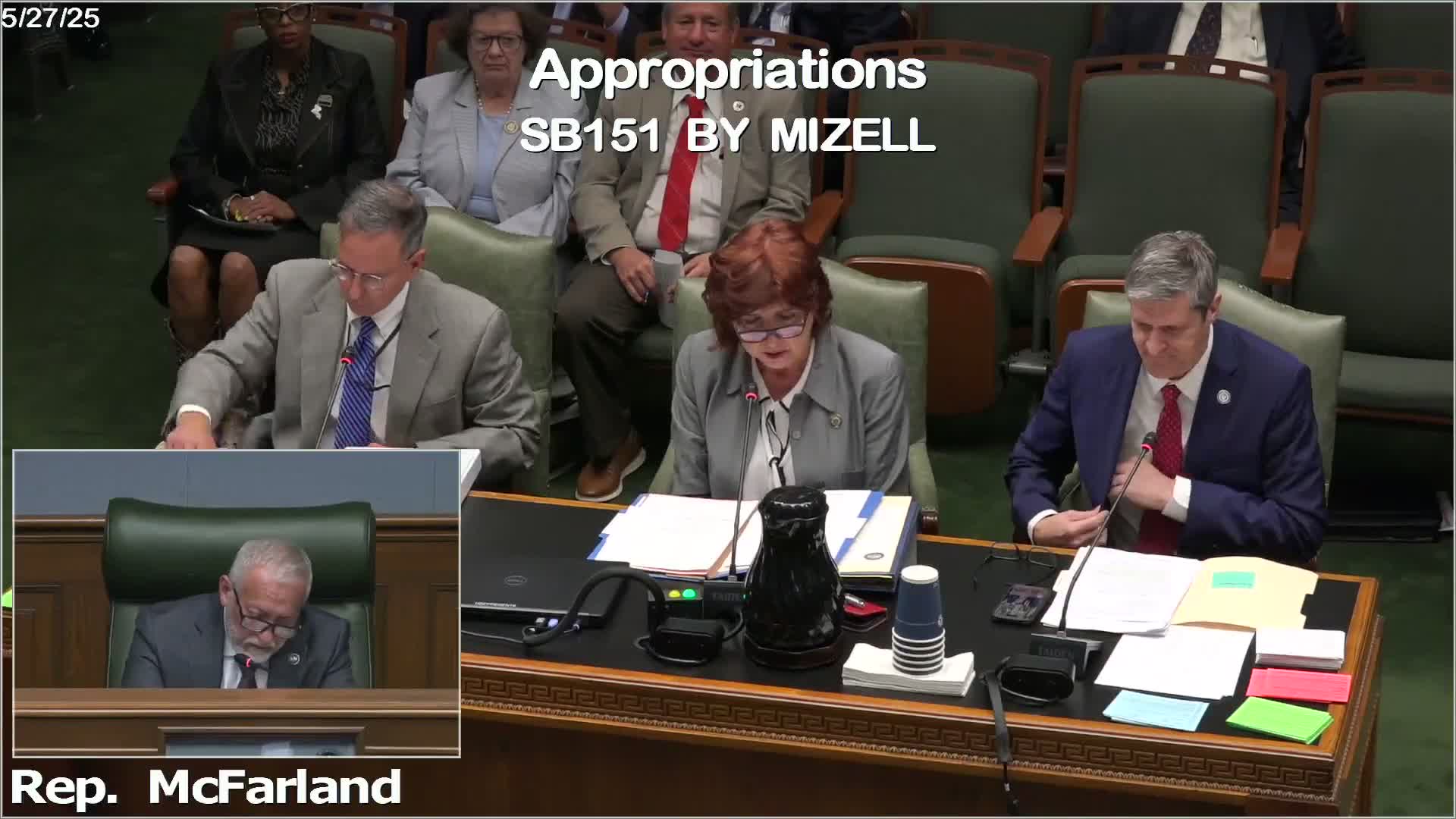Louisiana Procurement Code Bill aims to modernize state purchasing process
May 27, 2025 | 2025 Legislature LA, Louisiana
Thanks to Scribe from Workplace AI , all articles about Louisiana are free for you to enjoy throughout 2025!

This article was created by AI using a video recording of the meeting. It summarizes the key points discussed, but for full details and context, please refer to the video of the full meeting. Link to Full Meeting
The primary aim of the bill is to modernize and streamline procurement procedures. Key changes include raising the threshold for purchasing goods and services from $75,000 to $150,000, which is expected to expedite the procurement process. Additionally, the bill expands the methods available for procuring services, allowing for greater flexibility in how contracts are awarded.
Another notable provision is the introduction of a requirement for vendors to post a bond if they wish to protest procurement decisions, which aims to reduce frivolous delays in the process. The advertising period for procurement opportunities will also be shortened, further enhancing efficiency.
Patrick Goldsmith, Deputy Commissioner of Administration, highlighted that the bill is the result of collaborative efforts involving various working groups, including agencies and vendors. He emphasized that the current procurement laws have not been updated in years, leading to unnecessary delays. The proposed changes are designed to improve accountability and transparency while also fostering savings and efficiencies.
The meeting included discussions on specific thresholds for small purchasing and consulting services, with recommendations to align local government thresholds with state standards. The bill also introduces new practices such as invitations to negotiate and cooperative purchasing, which have not been utilized previously.
Overall, the Louisiana Procurement Code Bill represents a significant step towards modernizing the state's procurement framework, aiming to enhance operational efficiency and responsiveness to the needs of government entities. Further discussions and evaluations are expected as the bill progresses through the legislative process.
Converted from Appropriations May 27, 2025 meeting on May 27, 2025
Link to Full Meeting
Comments
View full meeting
This article is based on a recent meeting—watch the full video and explore the complete transcript for deeper insights into the discussion.
View full meeting
